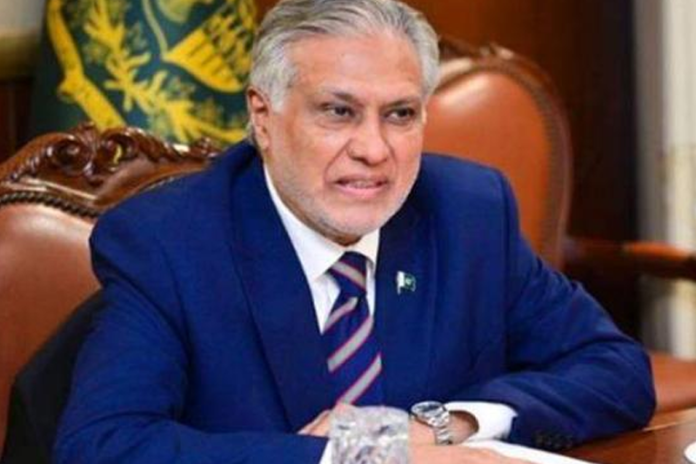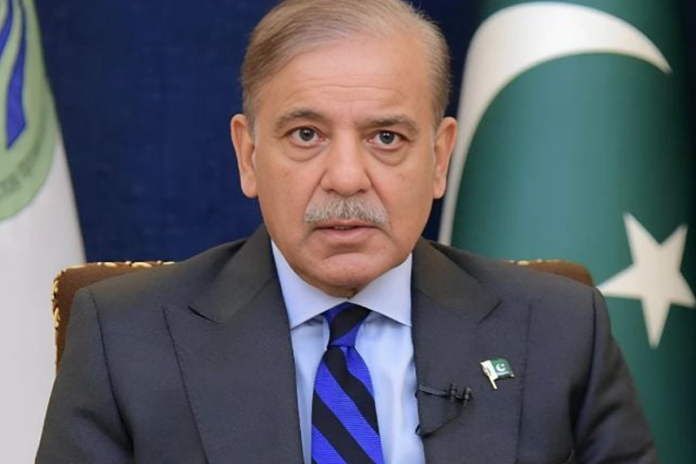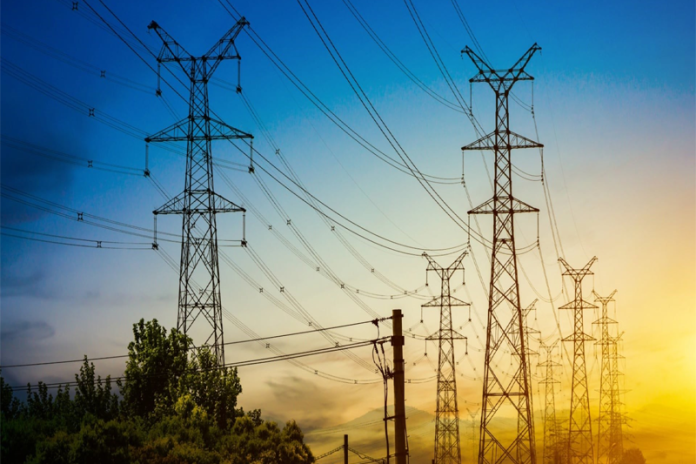The Global Shield initiative

- 276
- 0
Though the recently-announced international aid programme titled 'Global Shield' assistance and funding would not fully cater to the huge and unprecedented losses incurred due to climate change effects in Pakistan, yet it will definitely compensate the country to some extent. Yes, our country is among the seven pathfinder nations, who are facing climate risks and the Global Shield has placed Pakistan among these seven countries to receive the 'Global Shield' funding.
The decision to this effect was announced at the COP27 summit in Egypt earlier this week. Pakistan along with other countries like Bangladesh, Costa Rica, Fiji, Ghana, the Philippines and Senegal have been named as the most vulnerable countries to climate change effects and they will be the main recipients of the Aid assistance by the Vulnerable 20 Group of Finance Ministers (V20) of as many as 58 climate-vulnerable states and the G7, commonly called the Group of Seven. The most striking feature of this 'Global Shield' programme is the quick response to countries in times of climate emergencies and pre-arranged financial support will also be ensured to come to terms with the requirements of the situation in times of climate disasters. Another good feature of this programme is that it is going to be implemented I strict sense of the word after COP27 which was held in Egypt earlier this week.
Hence it is strongly hoped that it will deliver as it will build an atmosphere of mutual trust and understanding among world states to jointly thwart the dangers and effects of climate change in countries most vulnerable to its impacts.' Pakistan is the worst victim of climate change effect. According to Climate Change Minister Sherry Rehman, climate change has become a matter of national security. In fact, the countries which are contributing to the world's pollutions that are resulting in Global warming which is an existential threat to the country must think over what they are doing to the humankind with their inept policies to not control the pollution level caused by them. Our country is surrounded by high mountains in the south where the over 7200 glaciers melting due to Global warming and water from these mountains together with abnormal rains floods the rivers and cause flash flooding which leash a reign of total destruction upon the entire populations as evident from Chitral to KP, Sindh and Balochistan. In fact, Sindh and Balochistan are the worst affected as the rains started from here and they are still in grip of flash floods as the River Indus is still in high floods at various points. In fact, the two months long monsoon rains in July and August this yea were abnormal in nature and the subsequent flash floods were unprecedented in nature which can be gauged from the fact that it severely impacted over 33 million people, also resulting in more than 1,100 deaths of the people since the start of the deadly monsoon in June last. It may be recalled here that the UN Secretary General had termed the country's catastrophic devastations as ' monsoon on steroids' as millions are impacted badly by this unprecedented calamity that is still ravaging as is evident from the devastations in Dadu and Bahn Saeedabad where the water from Manchar Lake has wreaked havoc with the localities around. The River Indus was in high floods in Sindh for weeks at various points and it took months the water level to subside in the River. Millions of people are living in the open sky with very little to no food after losing their livelihoods, crops and livestock in the flash floods and being rendered shelter-less. The affected people still need food, health facilities and another emergent needs to an estimated 5.2 million flood affected people in the country.
According to the data of the National Disaster Management Authority, as many as 72 out of the total 160 districts of the country are calamity-hit while the number of affectees stand at over 33 million , who suffered massive losses including homes, livestock, standing crops. Most disturbingly the water which was standing everywhere and which had also broken the infrastructure like the roads, bridges, barrages, railway tracks and highways also hampered the rescue and relief activities and hence only a high scale efforts are needed whenever such a situation arises in future. And this is not possible without the support of the UN and the world at large. The winter is upon us and in the wake of current situation is seems impossible to rehabilitate the millions by December so one can imagine the situation for himself. As reported, more than a million houses have been washed, over 160 bridges, and as many as 3,500 kilometers of roads across the country have been washed away by flash floods and totally or partially destroyed. The number of farm animals killed by the flash floods stands at over 800,000 which are unprecedented in nature. In fact, the current flash floods are more destructive in nature than that of 2010. On the other hand, the country's food insecurity situation is going to worsen in coming months as standing crops have been damaged and the prices of food items and essentials have also skyrocketed due to the ongoing rain and floods devastations.
Published in The Daily National Courier, November, 17 2022
Like Business on Facebook, follow @DailyNCourier on Twitter to stay informed and join in the conversation.

















































